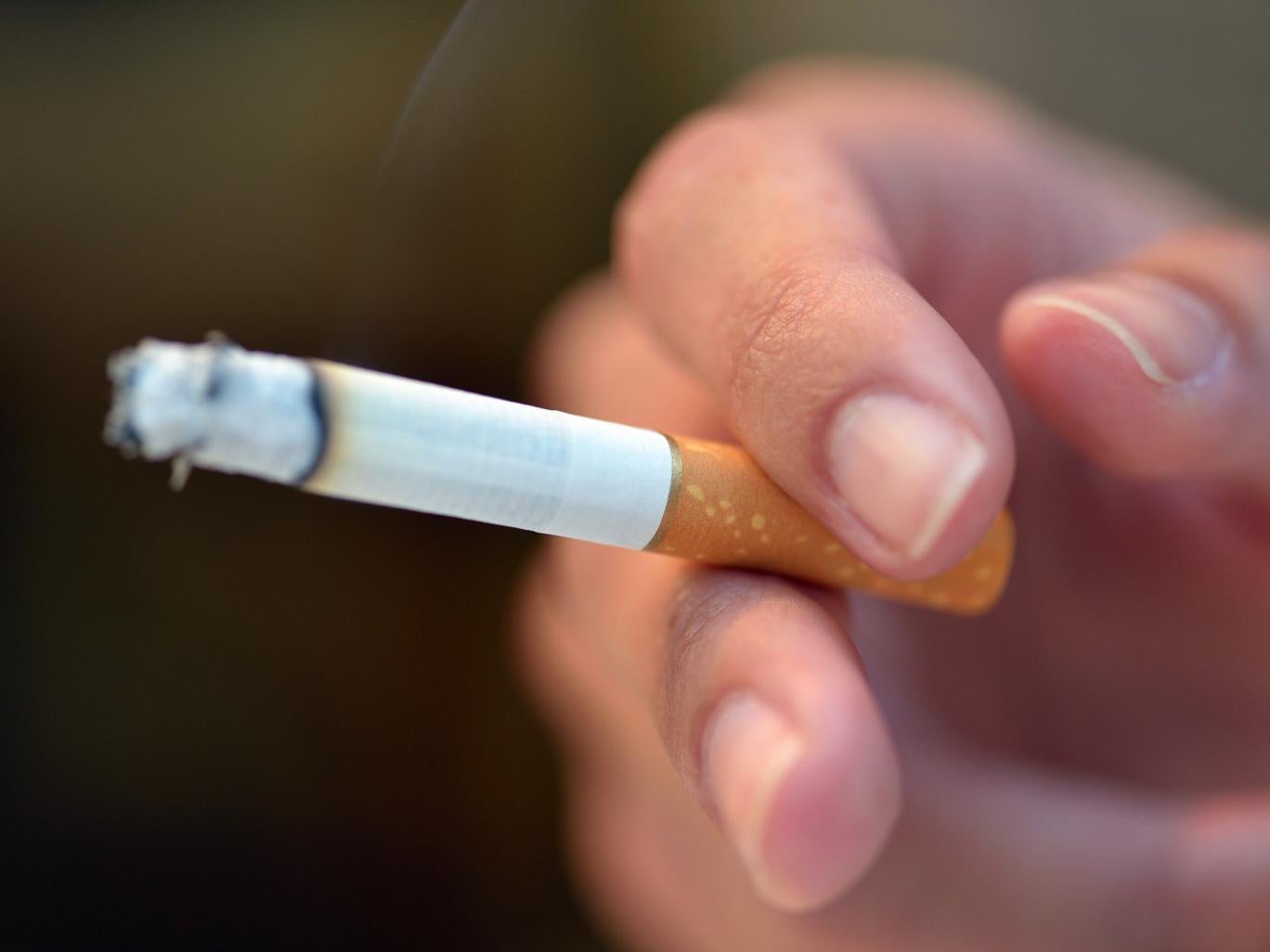Smoking should be banned in council housing, public health chief says
Housing association tenants would sign non-smoking agreement under proposed plans

Your support helps us to tell the story
From reproductive rights to climate change to Big Tech, The Independent is on the ground when the story is developing. Whether it's investigating the financials of Elon Musk's pro-Trump PAC or producing our latest documentary, 'The A Word', which shines a light on the American women fighting for reproductive rights, we know how important it is to parse out the facts from the messaging.
At such a critical moment in US history, we need reporters on the ground. Your donation allows us to keep sending journalists to speak to both sides of the story.
The Independent is trusted by Americans across the entire political spectrum. And unlike many other quality news outlets, we choose not to lock Americans out of our reporting and analysis with paywalls. We believe quality journalism should be available to everyone, paid for by those who can afford it.
Your support makes all the difference.Smoking should be banned in all new council houses to protect children from harmful second-hand smoke, a public health chief has said.
Anti-smoking campaigners consider smoke-free housing to be the next major frontier in reducing the harmful effects of passive smoking.
In 2015, the Government introduced a ban on smoking in all vehicles carrying children.
“Housing associations and councils are looking at smoke-free housing buildings. Where children are involved I think there is a real case for it,” Dr John Middleton, president of the Faculty of Public Health, told The Sunday Times.
Dr Middleton said he believed housing association residents should sign contracts which would make non-smoking a condition of their tenancy.
“You wouldn’t evict a load of tenants for smoking. Where you have got new premises, you could have smoke-free agreements from the start," he said.
In the United States, the Obama administration passed a federal law which banned smoking in all public housing - the equivalent to UK social housing - in November last year.
The legislation, which will come into effect in August 2018, will affect more than million homes. In New York alone, which has the largest public housing agency in the country, 400,000 people will be bound by non-smoking agreements.
Passive smoking is particularly dangerous for children, who are at a much higher risk of developing respiratory infections, asthma, bacterial meningitis and cot death.
According to Cancer Research, the majority of exposure to second hand smoke happens in the home.
Research indicates 300,000 children in the UK visit a GP each year because of the effects of second-hand smoke, with 9,500 going to hospital.
Pro-smoking campaign Forest said the proposed policy “would penalise unfairly those who can’t afford to buy their own homes”.
Join our commenting forum
Join thought-provoking conversations, follow other Independent readers and see their replies
Comments